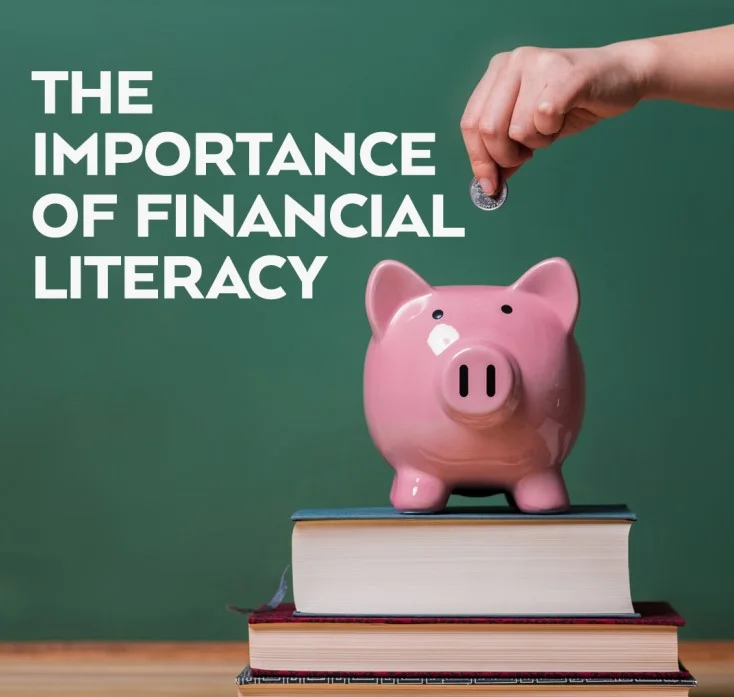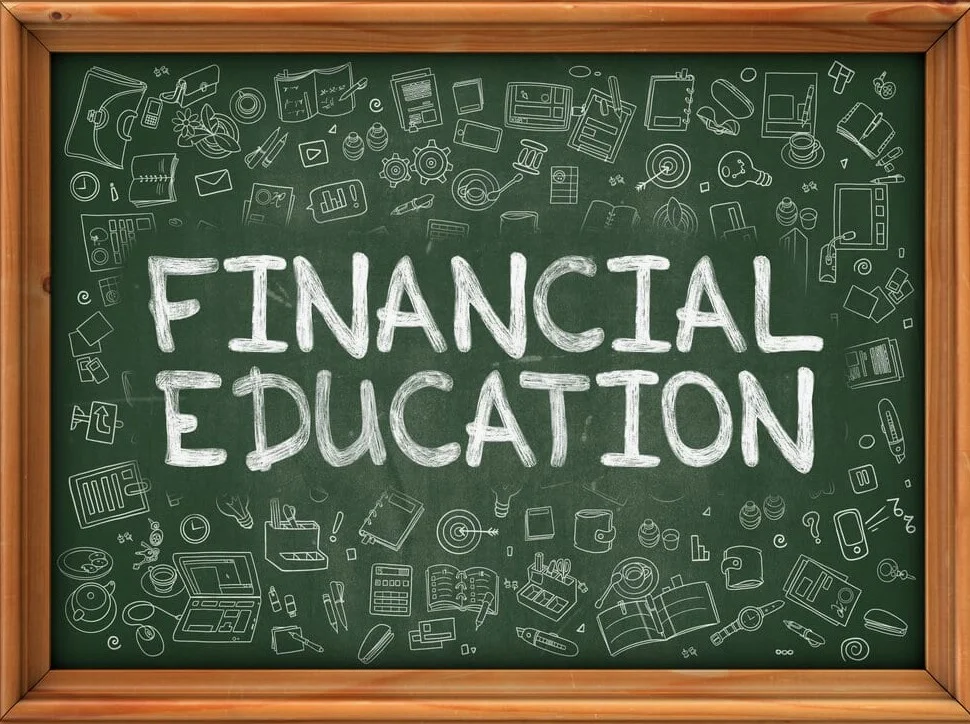Financial literacy is a crucial life skill, and for teenagers, understanding budgeting and saving is a foundation for a secure financial future. In this comprehensive guide, we’ll delve into practical tips and strategies designed to empower teens with the knowledge they need to make informed financial decisions.
Table of Contents
Why Financial Literacy Matters for Teens

Financial literacy goes beyond simply managing money; it’s about fostering a mindset of responsibility and foresight. As teens embark on their journey towards independence, acquiring essential budgeting and saving skills becomes paramount. Let’s explore the significance of financial literacy for teens:
Setting the Stage for Financial Success
Teens who grasp the fundamentals of budgeting and saving early on are better equipped to handle financial challenges in adulthood. The skills they develop now can pave the way for responsible financial habits and long-term success.
Building a Strong Financial Foundation
Understanding the value of money, distinguishing between needs and wants, and learning to prioritize spending are key aspects of building a solid financial foundation. Teens who master these skills are better positioned to navigate the complexities of adulthood with confidence.
Basic Budgeting Concepts

Budgeting is the cornerstone of financial literacy. Here, we break down the basic concepts to help teens create and manage their budgets effectively:
1. Income Streams for Teens
Teens can earn income through allowances, part-time jobs, or even entrepreneurial ventures. Understanding the various sources of income is the first step toward effective budgeting.
2. Creating a Simple Budget
Teach teens how to categorize their income and allocate funds to different expenses such as necessities, discretionary spending, and savings. A simple budgeting template can be a practical tool.
3. Needs vs. Wants
Help teens differentiate between essential needs and discretionary wants. Emphasize the importance of prioritizing needs in their budgeting to ensure financial stability.
Saving Strategies for Teens

Encourage teens to develop a savings mindset early on. Here are practical saving tips tailored for young individuals:
1. Setting Savings Goals
Guide teens in setting realistic short-term and long-term savings goals. Whether it’s saving for a gadget or planning for college, having clear objectives fosters discipline.
2. Understanding the Power of Compounding
Introduce the concept of compound interest and its role in growing savings over time. This understanding can motivate teens to start saving early for maximum impact.
3. Opening a Savings Account
Explore the benefits of having a savings account. Discuss interest rates, withdrawal restrictions, and the security a bank provides for their hard-earned money.
Avoiding Debt and Responsible Borrowing

Teens should be aware of the pitfalls of accumulating unnecessary debt. Here’s how they can navigate the borrowing landscape responsibly:
1. Understanding Debt
Explain what debt is and why it’s crucial to avoid accumulating it unnecessarily. Discuss the consequences of high-interest debt and its impact on future financial decisions.
2. Responsible Borrowing
Teach teens about responsible borrowing, emphasizing the importance of only taking on debt for essential needs and ensuring they have a repayment plan.
Parental Involvement and Resources

Parents play a vital role in shaping their teens’ financial habits. Explore ways in which parents can actively engage in fostering financial literacy:
1. Parent-Teen Financial Discussions
Encourage open discussions about money within families. Parents can share their experiences and provide guidance on making sound financial decisions.
2. Useful Financial Tools and Apps
Highlight relevant financial tools and apps that can assist teens in managing their money effectively. From budgeting apps to educational resources, the digital landscape offers valuable tools.
Additional Resources and Real-Life Examples
To further enrich teens’ understanding of financial literacy, provide additional resources and share real-life success stories:
- Point to online resources, articles, and books for in-depth exploration.
- Showcase real-life examples of individuals who started budgeting and saving early and reaped the benefits in adulthood.
FAQs
Q: How can teens earn money besides traditional part-time jobs?
A: Teens can explore gig opportunities, freelancing, or starting a small business to earn income.
Q: Is it necessary for teens to have a savings account?
A: While not mandatory, a savings account offers a secure way to store and grow money over time.
Conclusion: Financial Empowerment Starts Now!

In summary, financial literacy for teens is a vital investment in their future. Equip them with the knowledge and skills to budget wisely, save diligently, and make informed financial decisions. Remember, the path to financial empowerment starts early, and every dollar saved today is a step towards a financially secure tomorrow.












